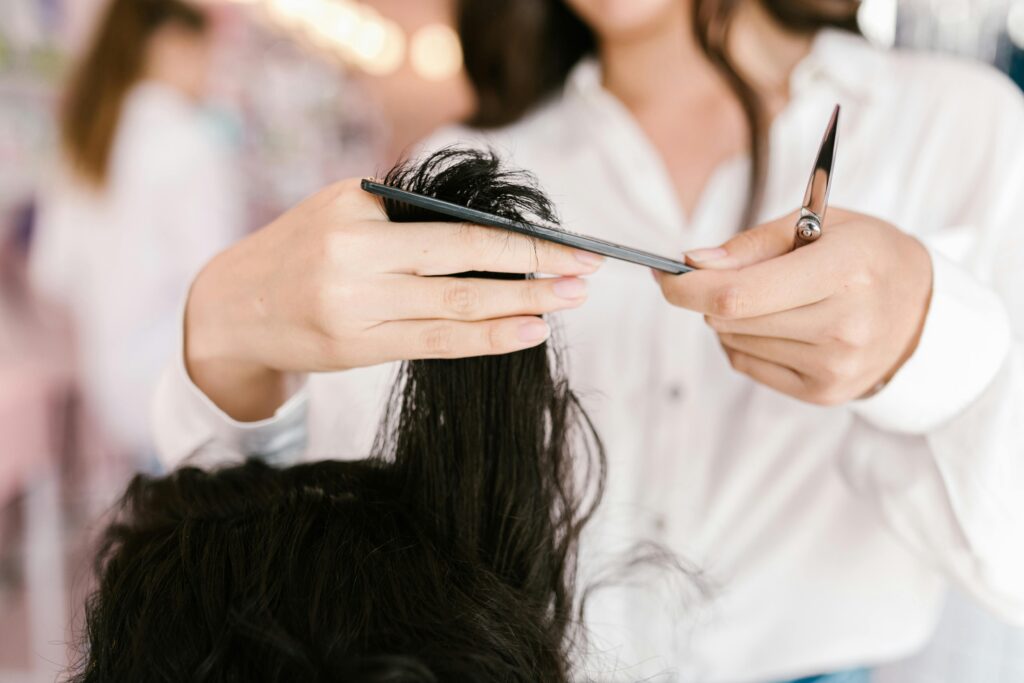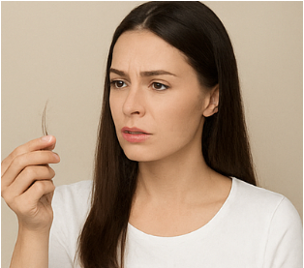

Hair Loss Myths: The Truth About Thinning Hair
Hair loss affects millions of men and women worldwide, but it’s often surrounded by myths and misunderstandings. From family genetics to daily habits, it’s easy to get confused about what really causes thinning hair or baldness. Whether you’re experiencing hair loss yourself or just curious, separating fact from fiction is the first step toward healthier hair.
In this article, we’ll bust the most common hair loss myths and share science-based tips to help you take better care of your scalp and hair.
Hair Loss Only Affects Men
The idea that thinning or balding is “a man’s problem” is probably the most common misunderstanding. In actuality, millions of women also had to deal with it. About 40% of women report having obvious hair loss by the age of 50, according to the American Academy of Dermatology (2023). In the process, however, many women feel isolated because it’s not as often acknowledged.
In women, hair loss can appear differently than in men; instead of fading from the front, it frequently manifests as a general thinning or broadening of the hair. Thyroid problems, menopause, pregnancy, hormonal changes, and stress can all cause it.
The main conclusion is that women’s hair loss deserves the same consideration, compassion, and study as that of men. More individuals are empowered to come up with practical answers when we begin to address it as a shared health issue rather than a taboo subject.
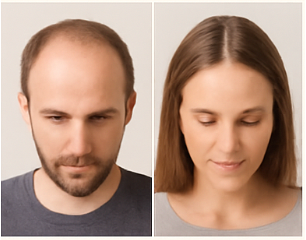
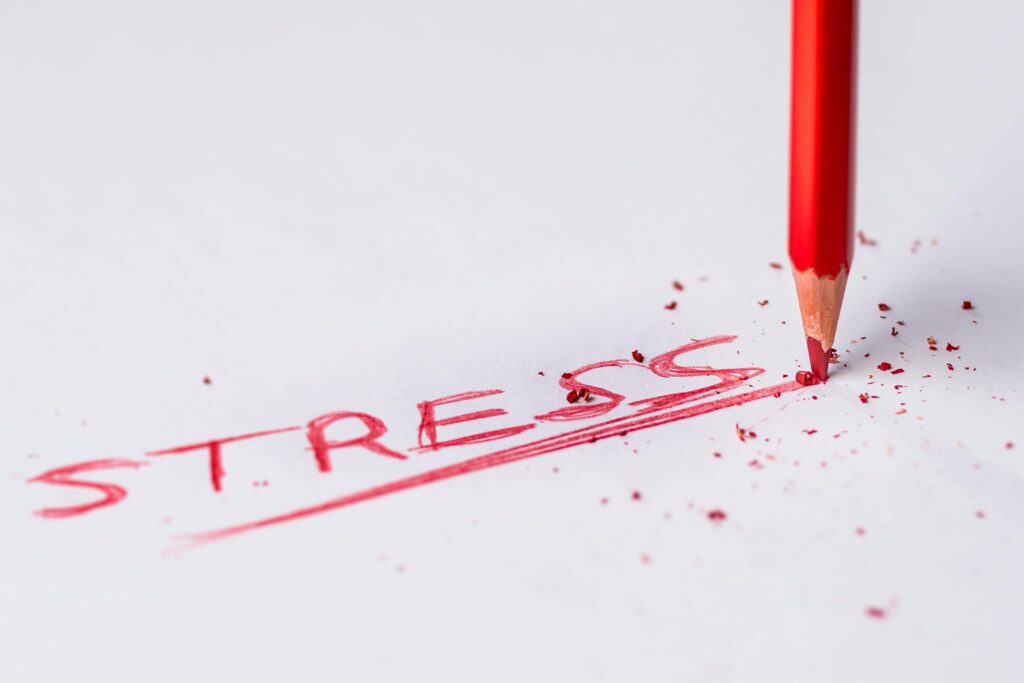
Stress Alone Causes Permanent Hair Loss
Although stress has an effect on hair health, it is rarely the primary cause of chronic baldness. Extreme stress can cause hair to enter the “resting” phase, which results in telogen effluvium, a transient shedding condition. Fortunately, after stress levels decrease, most people regain their growth in a few of months.
Hormonal and genetic factors, however, tend to be more significant over the long term. Although chronic stress is not the only cause, it may exacerbate these problems by raising cortisol and inflammation.
Nevertheless, self-care should not be undervalued; regular sleep, hydration, and mindfulness can help to rebalance the body and scalp. Keep in mind that having a calm system, not merely a large product collection, is the first step toward healthy hair.
Hair Loss Comes Only from Your Mother’s Side
You may have heard that you are definitely going to follow your mother if her father is bald. That isn’t the whole tale, though. According to the National Institutes of Health (NIH, 2022), both parents’ genes have an impact on hair loss. Your follicles’ sensitivity to hormones like DHT (dihydrotestosterone) is a polygenic trait, which means that several genes on various chromosomes influence this trait.
To put it briefly, your family tree’s sides are important. Early detection is crucial if baldness or thinning runs in your family. You can sustain volume for longer with a mild scalp massage, a well-balanced diet (particularly iron, zinc, and vitamin D), and topical or low-level laser treatments.

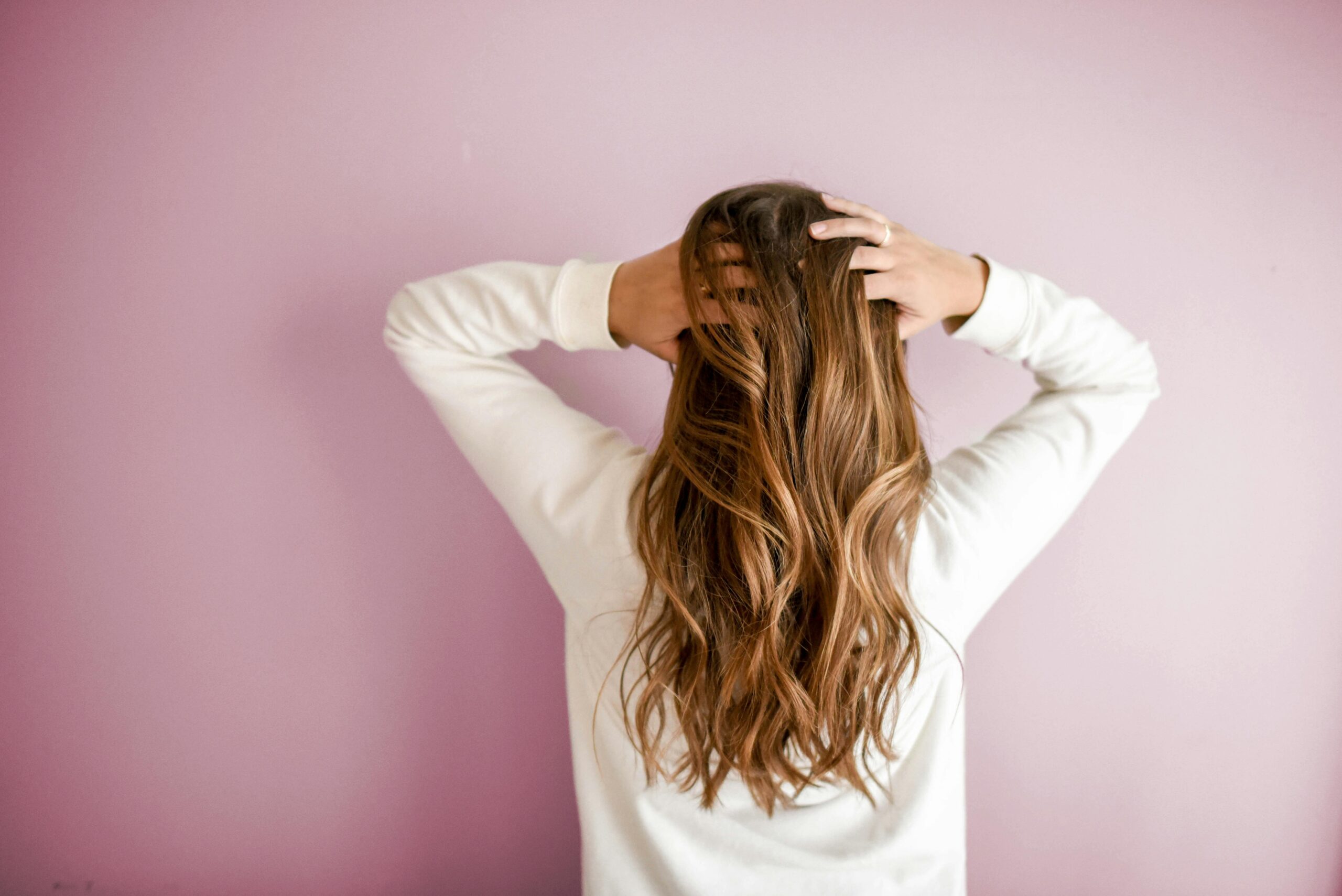
Shampooing Too Often Causes Baldness
Although seeing hair in the drain can cause alarm, shedding when washing is quite normal. We typically lose 50 to 100 hairs every day, and when we brush or bathe, those strands frequently come loose. That does not imply that the loss results from washing.
To maintain a clean and healthy scalp, the American Academy of Dermatology advises frequent washing using mild, sulfate-free shampoos. Oil, perspiration, or product accumulation on the scalp can irritate the follicles, which exacerbates shedding.
Try switching between clarifying and moisturizing shampoos if you color or style your hair often. Always use a nourishing conditioner or scalp serum afterward. To be clean is to be balanced, not to be stripped.
If you’re not sure which ingredients to avoid, our article on harmful hair care ingredients explains what to look for on labels.

Natural Oils Alone Can Reverse Baldness
Although they have amazing effects on the scalp, natural oils like castor, peppermint, and rosemary are not magic. These oils can enhance thickness and promote circulation over time, but they cannot restore genetic baldness on their own, according to clinical trials.
However, adding them to your regimen, through leave-in treatments or scalp massages, helps reduce inflammation and strengthen follicles, particularly when paired with stress reduction and a healthy diet.
You can combine natural oils with massaging your scalp for hair growth, learn more about it in our recent post
Cutting Hair Makes It Grow Faster
Because hair develops from the follicles rather than the tips, cutting your ends does not speed up growth. Trims do, however, stop split ends and breakage, which can make your hair look thinner and less healthy. It’s similar to trimming a plant in that you’re promoting strength rather than actual growth rate.
Prioritize internal nutrition, such as protein, omega-3 fatty acids, and biotin, over exterior trimming for true growth assistance.
